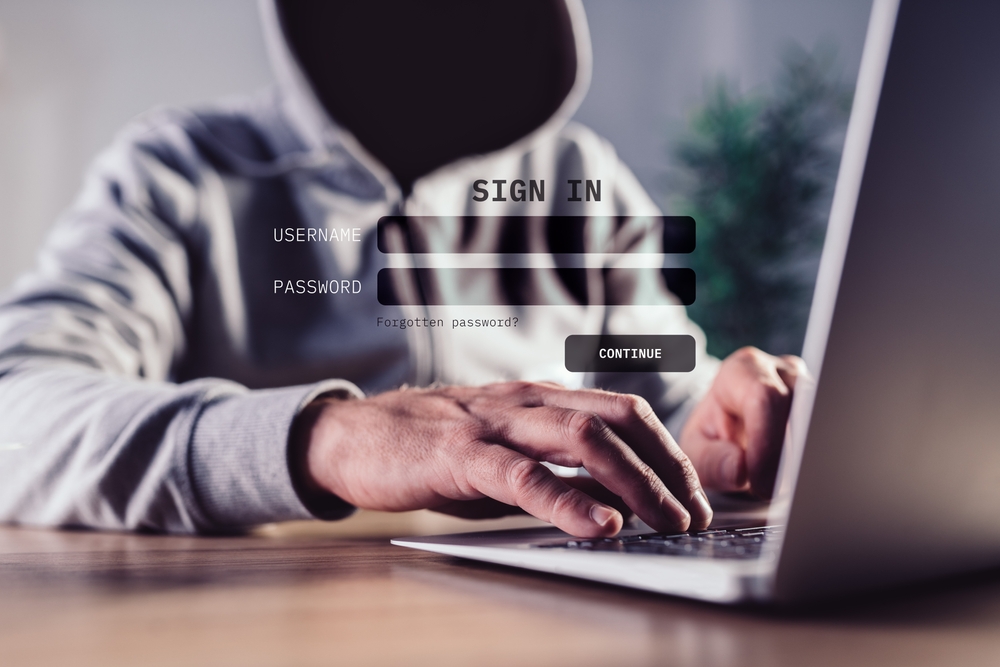How to Protect Your Data from Online Scams in the Philippines

Online transactions in the Philippines have become more prevalent than ever. This was highlighted during the peak of the COVID-19 pandemic when there were over 73 million active users. A single click is all it takes to grant access to sensitive information, and if not given tight security measures, it could end up in the wrong hands—dismissing data privacy.
Given the substantial user base, safeguarding your data is paramount. Recent cases of online scams underscore the urgency of protecting your sensitive information in the dynamic Filipino cyberspace, where over 73% of the population is exposed to potential threats.
This article discusses the essential strategies to fortify your defenses against online scams in the Philippines. From demographic insights to actionable data protection tips, discover how to navigate the digital realm securely and defend your data against evolving scams in the Philippines.
Common Online Scams in the Philippines
Navigating the digital landscape is not without its pitfalls, with cybercriminals constantly devising new strategies to exploit unsuspecting individuals. From intricate phishing schemes to elaborate online fraud, understanding common online scams in the Philippines is crucial to fortifying your defenses.
1. Phishing schemes targeting personal information
Phishing schemes involve scammers posing as reputable entities to deceive individuals into divulging personal information. Victims often receive fraudulent emails or text messages from seemingly legitimate sources, falsely claiming lottery wins or urgent matters like—ironically—a data breach. This leads them to malicious websites seeking sensitive data.
In 2021, BDO/Unionbank customers fell victim to a phishing attack. Scammers deceived clients into activating BDO’s “Add Device” security alert—a crucial component of the bank’s two-factor authentication process—via a text message.
When users respond with “Add Device,” unsuspecting accountholders inadvertently grant scammers access to their online bank accounts.
2. Online shopping scams and counterfeit products
Social media scams are rampant in the country. Fraudulent sellers often lure consumers with irresistibly low prices on popular online marketplaces, only to deliver counterfeit or substandard items. Recent cases in the Philippines expose instances where buyers received fake whitening products or imitation fashion items, highlighting the need for cautious online transactions.
During the COVID-19 pandemic, the sale of whitening products increased. One specific example was the 88 Total White Underarm Cream. However, it was banned because of several bad reviews and medical emergencies associated with the product.
In 2021, the Food and Drug Association (FDA) notified the public against the purchase and use of the said product, saying that it contains high traces of harmful metal in its ingredients, which can lead to skin irritation, itchiness, anaphylactic shock, and more.
3. Email spoofing
This is a deceptive practice where scammers manipulate the sender’s email address to appear trustworthy. In the Philippines, individuals have reported receiving emails seemingly from reputable institutions, such as government agencies like the Social Security System (SSS), requesting sensitive information.
4 Tips to Protect Your Data from Online Scams
In an era dominated by digital transactions and interconnectedness, safeguarding your personal information is vital. The following section presents essential tips on how to protect data and empower you against various online scams.
1. Use strong and unique passwords
Are you guilty of using the same password for all your accounts? Well, you might want to start changing them soon, as employing strong, unique passwords is crucial to avoiding hackers.
Veer away from including personal details like your birthday or your name. Ensure your passwords have a mix of letters, numbers, and symbols. Avoiding password repetition across multiple accounts enhances your overall online security.
2. Implement two-factor authentication (2FA)
With the prevalence of scams in social media, it’s essential to stay on top of your accounts and enforce a multi-level verification system to ensure all your data and identity are safe.
Many popular online platforms, such as Google, Facebook, and banking apps, offer built-in 2FA. Navigate to your account settings on these platforms, look for security or privacy policies, and activate this feature for an extra layer of protection. Apps like Google Authenticator or Authy can assist in generating the secondary codes needed for authentication.
3. Secure Wi-Fi networks
Beware of the risks associated with public Wi-Fi—your one-way ticket to “hacker town.” Public networks make you susceptible to hackers who can position themselves between you and the connection point. So, make sure to safeguard your devices by setting a solid password through your router settings.
For public Wi-Fi, use reputable VPN apps like NordVPN or ExpressVPN on your mobile device to encrypt your connection and protect your data from potential eavesdropping and other user risks.
4. Regularly update software and operating systems
Some of you may find software updates tedious and unnecessary, but the truth is they’re essential to keeping your devices and data secure. Fraudsters study and analyze systems and software; once they master one, they can work in and around it.
To avoid this, keep your computer, mobile devices, and applications equipped with the latest security patches and updates. Timely updates help safeguard against vulnerabilities that scammers might exploit. Set up automatic updates where possible to streamline the process and reduce the risk of oversight.
Stay Cyber Savvy and Protect Your Digital Fortress
Fortifying your digital defenses against online scams is an ongoing commitment, and the tips provided serve as essential armor in this cyber battle.
Adopting security measures like strong, unique passwords and embracing two-factor authentication empowers you to navigate the digital landscape safely. Stay vigilant against phishing attempts and unsolicited communications to thwart potential threats.
As cyber threats evolve, keeping your software updated becomes a non-negotiable shield. By incorporating these practices into your online habits, you not only protect your personal data but also contribute to a safer digital community. Remember that a secure online environment begins with individual actions.
Contact us at Inquiro today to explore further insights and tools for enhancing your security. Let’s work together to secure your digital footprint.



